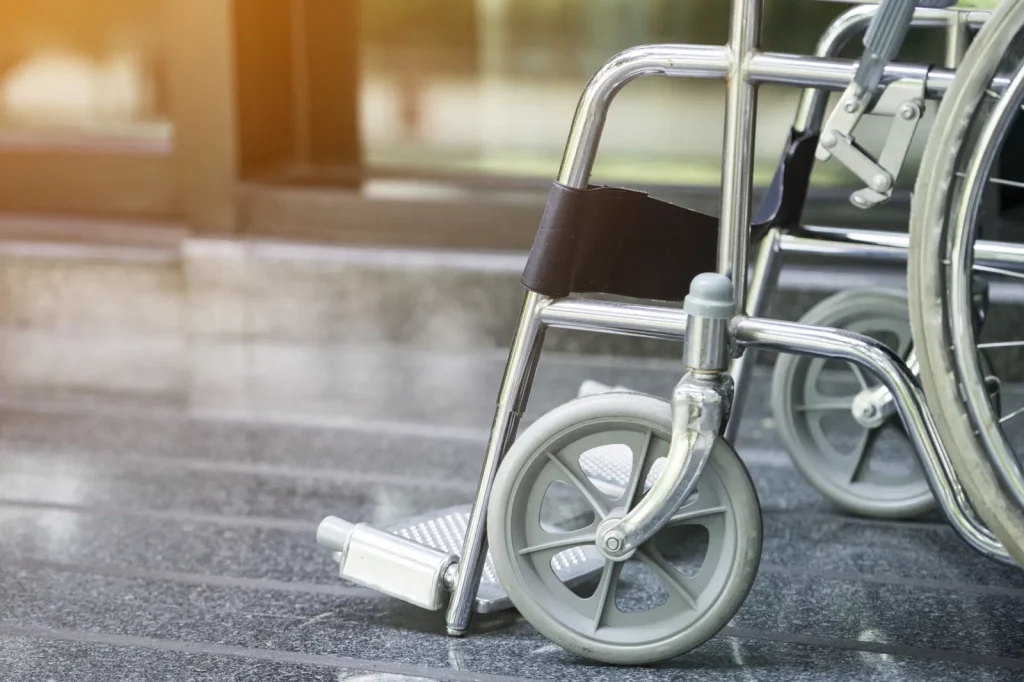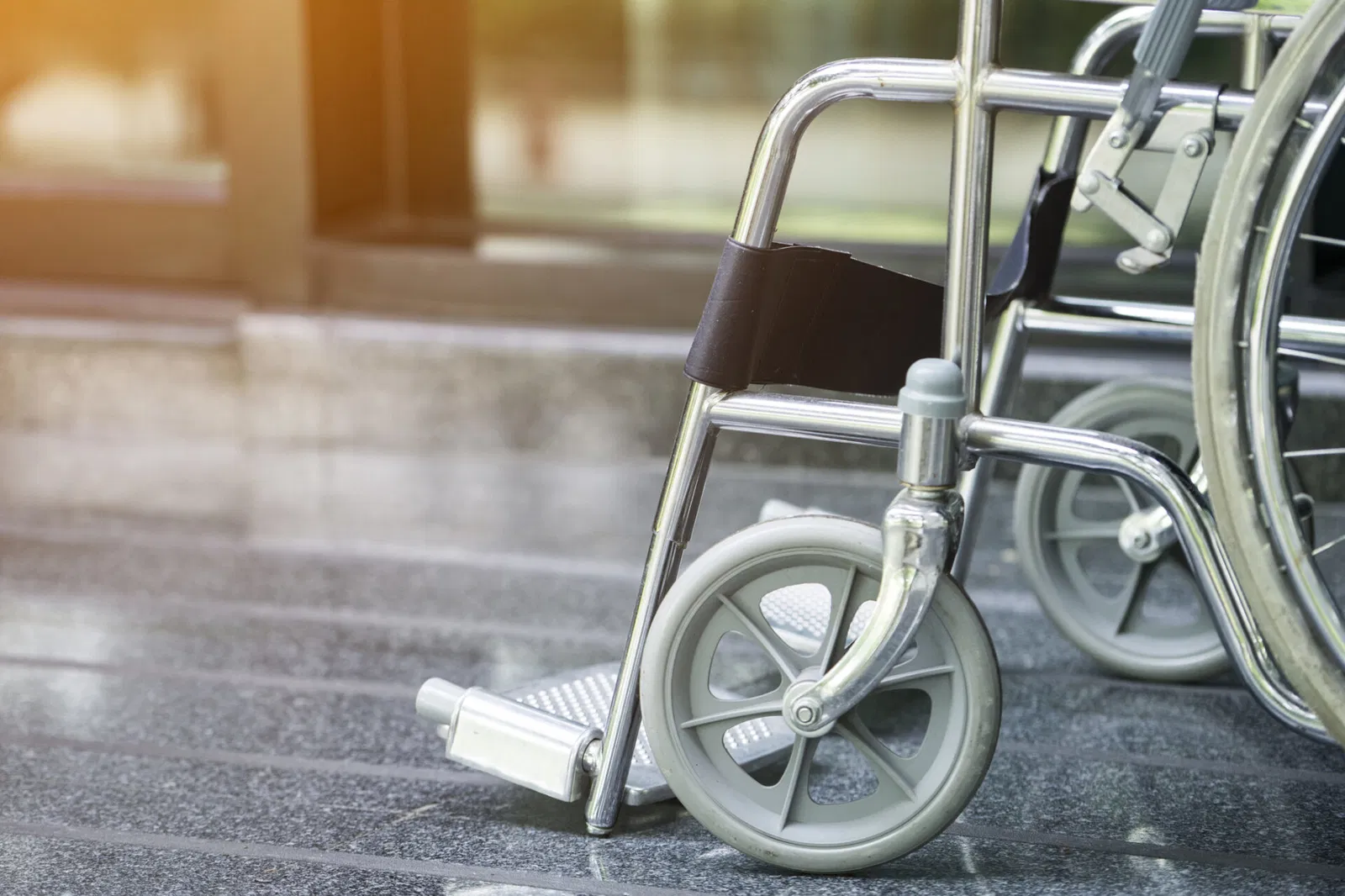Rising Entrepreneurs: Black Women With Disabilities.

The Journal of Multicultural Counseling and Development has released new research highlighting the growing trend of Black women with disabilities turning to self-employment.
While Black women face the sharpest job losses and increasing unemployment, those with disabilities are responding to these obstacles by embracing self-employment.
A recent study published in the Journal of Multicultural Counseling and Development sheds light on the increasing number of Black women with disabilities pursuing self-employment. Featured in a special issue on Black Americans with disabilities, the report titled “Breaking Barriers: The Economic Realities of Self-Employed Black Women With Disabilities” reveals that 43.9% of Black women with disabilities are engaged in self-employment.
According to the study’s lead author, Gemarco Peterson, Ph.D., an assistant professor of clinical rehabilitation counseling at Georgia State University in Atlanta, “Black women with disabilities can carve out their own paths to financial independence and, with the right resources, thrive in today’s labor market,” he told Phys.org.
The study provides a snapshot of Black women with disabilities in the labor market between August and September 2024, focusing closely on self-employment trends among women with specific disabilities. Drawing on data from the U.S. Census Bureau’s Household Pulse Survey, researchers examined responses from 91 Black women with physical or mental health disabilities.
Of the 43.9% who identified as self-employed, 66.9% reported having multiple mental health conditions, 27.3% reported visual impairments, 11.8% faced mobility challenges, and 11.3% reported auditory impairments. The analysis further revealed that Black women with physical disabilities were more likely than those without disabilities to hold a graduate degree (31% compared to 15.5%) and to earn $50,000 or more annually (55.4% compared to 33.7%).
Peterson hopes the findings will encourage counselors to recognize that Black women with disabilities not only want to participate in the labor market but also view self-employment as a viable path to success. He emphasized that with greater awareness and support, counselors can provide career guidance that better reflects clients’ aspirations and skill sets.
The researchers further highlighted the importance of understanding how vocation—particularly self-employment—shapes a client’s overall well-being. They urged counselor education programs to prepare future counselors to recognize the impact of societal stereotypes and misconceptions, which continue to harm the mental health of Black women both with and without disabilities.
“Vocation is a key social determinant of health,” Peterson explained. “Systemic barriers in today’s society extend to employment, influencing the mental and emotional well-being of clients. When we separate vocation and employment from the broader context, we overlook the bigger picture of the whole person.”



